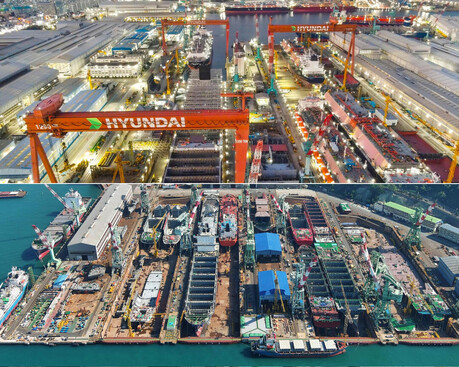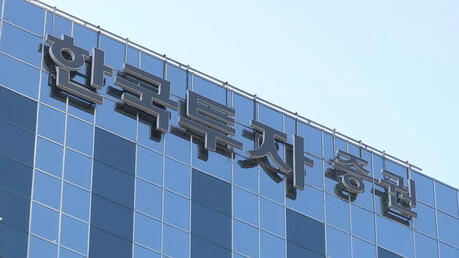
(C) Discovery Alert
BEIJING, China—The Chinese government has announced a one-year suspension of recently imposed restrictions on the export of certain rare earth materials and related equipment, a move that signals a temporary de-escalation in the protracted trade tensions with the United States.
The Ministry of Commerce (MOFCOM) published a notice on Friday confirming the immediate postponement of a series of export control measures that were originally set to take effect on Saturday. This decision follows a high-stakes summit between Chinese President Xi Jinping and U.S. President Donald Trump in Busan, South Korea, on October 30. The two leaders agreed to exercise “strategic restraint” regarding the escalating economic conflict.
The suspended measures, which include heightened controls over certain rare earth raw materials, processing equipment, lithium battery materials, and ultra-hard materials, will now be delayed until November 10 of next year.
The decision to weaponize rare earth elements—minerals critical for high-tech manufacturing, defense systems, and electric vehicles—represented one of China’s most powerful countermoves in the trade war. Beijing controls a dominant share of the global rare earth supply chain, giving it significant leverage over international industries.
This latest round of friction saw both nations exchanging punitive measures: the U.S. restricted China’s access to advanced semiconductors, while China tightened the spigot on essential rare earth exports. The agreement reached in Busan provides a crucial, one-year reprieve for global supply chains that have been facing serious disruptions.
In a reciprocal gesture, the U.S. agreed to a ten-percentage-point reduction on certain tariffs, specifically those dubbed the "fentanyl tariffs."
While the one-year delay offers significant breathing room, analysts caution that the fundamental trade and technological rivalry between the world's two largest economies remains unresolved.
The suspension addresses only the recent, escalating controls announced in early October. Broader export restrictions on rare earth elements that China implemented earlier this year, which have already complicated matters for global manufacturers, have not been fully addressed. Industry experts view the delay as a tactical concession rather than a strategic surrender of China's ability to use rare earths as an economic leverage tool.
The temporary halt underscores the diplomatic value both nations place on direct, high-level engagement to avert a total collapse of trade relations. However, the clock is now ticking for the U.S. and its allies to accelerate efforts to diversify their critical mineral supply chains, an endeavor seen as essential to mitigate China’s dominance in the sector.
[Copyright (c) Global Economic Times. All Rights Reserved.]





























